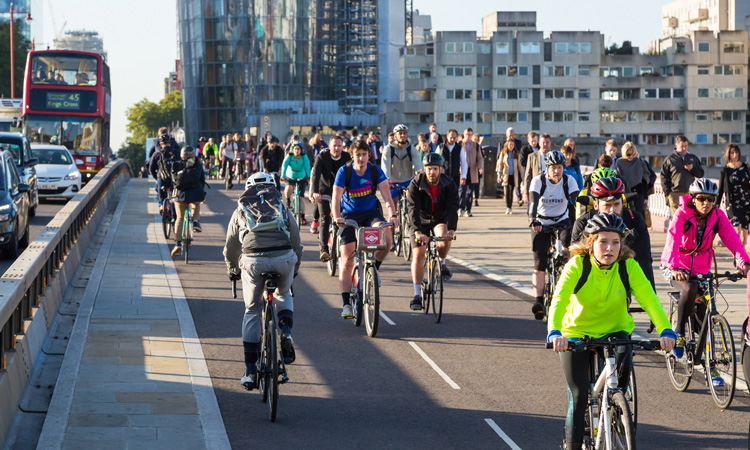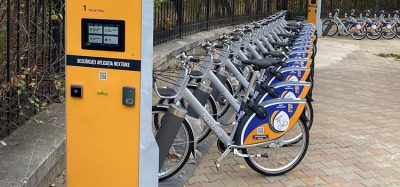TfL tests AI technology to plan and operate new cycle routes in London
- Like
- Digg
- Del
- Tumblr
- VKontakte
- Buffer
- Love This
- Odnoklassniki
- Meneame
- Blogger
- Amazon
- Yahoo Mail
- Gmail
- AOL
- Newsvine
- HackerNews
- Evernote
- MySpace
- Mail.ru
- Viadeo
- Line
- Comments
- Yummly
- SMS
- Viber
- Telegram
- Subscribe
- Skype
- Facebook Messenger
- Kakao
- LiveJournal
- Yammer
- Edgar
- Fintel
- Mix
- Instapaper
- Copy Link
Posted: 16 January 2020 | Sam Mehmet (Intelligent Transport)
TfL has relied mainly on manual traffic counts to work out how many people are cycling on any given road, but has been trialling Vivacity Labs’ AI sensors as an alternative solution since 2018.


Transport for London (TfL) has worked with Vivacity Labs, a London tech firm, on a UK-first trial of artificial intelligence (AI) technology, which aims to make it easier to plan and operate new cycle routes in the capital.
Since 2018, TfL has trialled using Vivacity Labs sensors at two busy locations along Millbank. The sensors use AI to detect road users and decide which mode of transport they are using. The competitive trial, which is reportedly the first time the technology has been used within London, showed that the Vivacity sensors are up to 98 per cent accurate.
The sensors continually gather data, which is said to provide a significantly more detailed account of how London’s roads are being used. All video captured by the sensors is processed and discarded within seconds, meaning that no personal data is ever stored. TfL is in the process of introducing 43 more Vivacity sensors at 20 central London locations to gather data and further test to understand the full range of capabilities the technology has to offer.
As the network continues to grow, TfL has announced that it will use data from sources such as the sensors to work out where investment in new cycling infrastructure can best be targeted. As well as detecting people cycling, the sensors also detect people walking and other types of traffic, including cars, HGVs, vans, motorcyclists and buses, which hopes to lead to a much better understanding of demand on the road network and how TfL can balance it.
London’s Walking and Cycling Commissioner, Will Norman, said: “By getting more people cycling and walking, we can help to tackle congestion and pollution in London and improve our health. Our Healthy Streets approach is based on evidence and data and we welcome new technology that supports this.”
Glynn Barton, TfL’s Director of Network Management, added: “We work around the clock to keep people on London moving and we’re always looking for innovative new ways of making our roads safer and more efficient. New data from trials such as this will be really valuable as we invest and make day-to-day decisions to enable more people to walk and cycle.”
Related topics
Artificial Intelligence, Infrastructure & Urban Planning, Sustainable Urban Transport, Traffic Management
Related modes
Cycling
Related cities
London
Related organisations
Transport for London (TfL), Vivacity Labs
Related people
Glynn Barton, Will Norman








